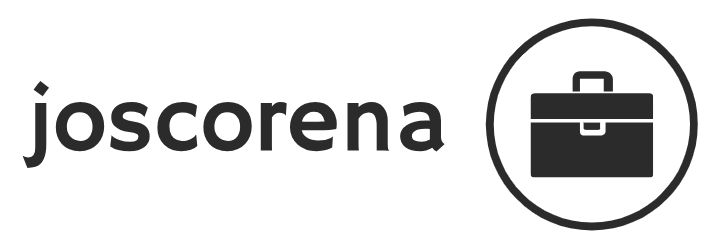
Revolutionizing Education: Remote Learning Platforms for Success
The landscape of education has undergone a significant transformation with the advent of remote learning platforms. In a world where digital connectivity is more vital than ever, these platforms have emerged as powerful tools, reshaping the way students learn and educators teach.
The Rise of Remote Learning Platforms
Remote learning platforms have seen a remarkable surge in popularity, especially in recent times. Whether driven by necessity during global events or as a response to the growing demand for flexible education, these platforms provide a dynamic and accessible way for individuals to acquire knowledge from anywhere in the world.
Accessibility and Inclusivity in Education
One of the primary advantages of remote learning platforms is the enhanced accessibility they offer. Students can access educational resources and participate in classes from the comfort of their homes, overcoming geographical barriers. This accessibility fosters inclusivity, allowing individuals from diverse backgrounds and locations to engage in learning opportunities that may have been previously out of reach.
To explore further insights into remote learning platforms, visit Remote learning platforms.
Flexible Learning Environments for Students
Remote learning platforms introduce flexibility into the educational landscape. Students have the freedom to tailor their learning schedules to accommodate personal commitments, work, or other responsibilities. This flexibility is particularly beneficial for adult learners and professionals seeking to acquire new skills or pursue further education without the constraints of traditional, fixed-time classroom settings.
Diverse Course Offerings and Specializations
These platforms host a vast array of courses covering various subjects and specializations. From academic subjects to professional development courses and certifications, remote learning platforms cater to a diverse range of interests and career paths. This diversity allows learners to explore new fields or deepen their knowledge in existing ones, all from the convenience of their chosen learning environment.
Interactive Learning Tools and Engagement Strategies
Remote learning platforms leverage interactive tools and engagement strategies to enhance the learning experience. Features such as live lectures, discussion forums, quizzes, and collaborative projects promote active participation and foster a sense of community among learners. These tools go beyond traditional teaching methods, creating a dynamic and engaging online learning environment.
Adaptability in the Face of Technological Advancements
As technology continues to advance, remote learning platforms evolve in tandem. The integration of artificial intelligence, virtual reality, and augmented reality enhances the overall learning experience. These technological advancements bring a new dimension to education, allowing for immersive learning experiences that cater to various learning styles.
Professional Development and Lifelong Learning
Remote learning platforms are not limited to traditional academic pursuits. They serve as hubs for professional development, offering courses and certifications that enhance career prospects. The concept of lifelong learning is embraced, encouraging individuals to continually acquire new skills and stay relevant in an ever-evolving job market.
Challenges and Opportunities for Improvement
While remote learning platforms have revolutionized education, they are not without challenges. Issues such as digital inequality, the need for reliable internet access, and concerns about maintaining student engagement are areas that require attention. Recognizing these challenges presents opportunities for continuous improvement and innovation in the design and delivery of remote education.
Global Collaboration and Knowledge Sharing
One of the notable benefits of remote learning platforms is the ability to facilitate global collaboration and knowledge sharing. Students and educators from different parts of the world can connect, share insights, and collaborate on projects, fostering a global perspective in education. This interconnectedness prepares learners for a world where cross-cultural communication and collaboration are increasingly essential.
Conclusion: Shaping the Future of Education
Remote learning platforms have not only responded to the demands of the present but are actively shaping the future of education. Their adaptability, accessibility, and diverse offerings make them integral components of the modern learning ecosystem. As these platforms continue to evolve, the educational landscape will undoubtedly witness further advancements, offering new possibilities and opportunities for learners worldwide.
To learn more about remote learning platforms, visit Remote learning platforms.
